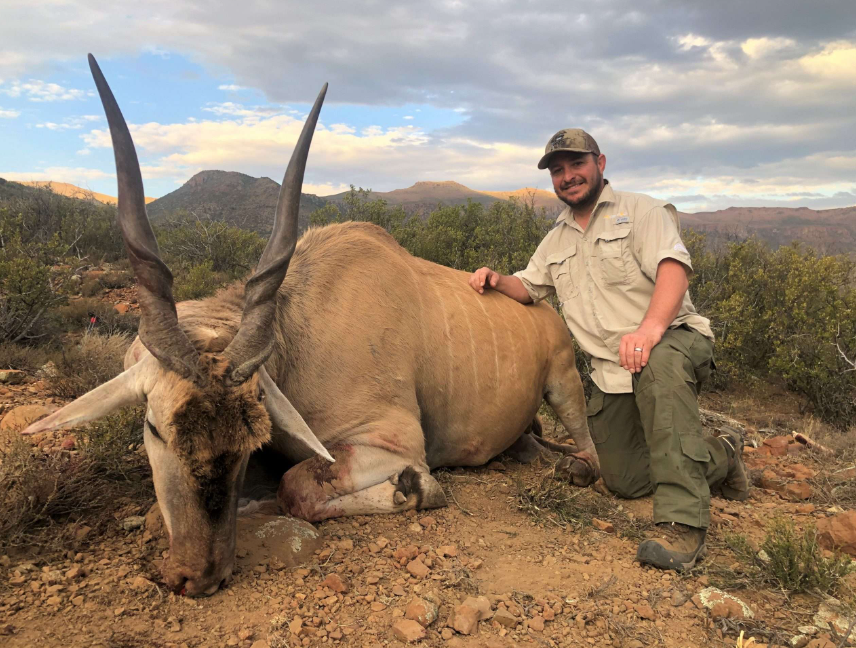African big game hunting has long been a topic of fascination and controversy. The vast, untamed wilderness of Africa provides a unique backdrop for hunters in pursuit of some of the world’s most formidable animals. This thrilling, often dangerous endeavour offers an experience that is as challenging as it is rewarding.
The Challenges of African Big Game Hunting
The first challenge in big game hunting lies in the pursuit itself. The terrain is rugged, the climate can be harsh, and the animals are elusive. A successful hunt requires a combination of patience, skill, and a deep understanding of the animals’ behaviours and habitats.
Moreover, hunters must adhere to strict regulations to ensure that their activities are legal and ethical. These regulations can vary by country and species, making it crucial for hunters to be well-informed before embarking on their adventures.
The Triumphs of Hunting Safaris
Despite the challenges, the triumphs of safaris are immense. There is a profound sense of accomplishment that comes with successfully tracking and taking down a big game animal. It’s a primal experience that connects the hunter with nature in a way few other activities can.
But the triumphs of hunting safaris go beyond the personal level. Hunting contributes significantly to the local economy, providing jobs and income for local communities. Additionally, the fees paid by hunters often fund conservation efforts, helping to protect the very animals they hunt.
Balancing Hunting and Conservation
While it may seem counterintuitive, hunting can play a key role in conservation. Managed properly, hunting can help maintain healthy animal populations, prevent overpopulation, and protect habitats from degradation. Many hunting outfitters in Africa are deeply committed to conservation, working hand-in-hand with local communities and conservation organisations to ensure the sustainability of wildlife populations.
However, this delicate balance between hunting and conservation is not without its challenges. Poaching remains a significant threat to many African species, and there is ongoing debate about the ethics of hunting. It’s a complex issue that requires ongoing dialogue, collaboration, and commitment from all stakeholders.
The Future of African Big Game Hunting
The future of big game hunting depends largely on our ability to balance the needs of people, wildlife, and ecosystems. As we navigate this complex landscape, it’s important to remember that hunting safaris, when conducted responsibly and ethically, can contribute to conservation and local livelihoods while offering a unique and thrilling experience for hunters.
Conclusion:
African big game hunting is more than a sport or pastime. It’s a multifaceted endeavour that encompasses challenge, triumph, and a deep commitment to conservation. By understanding these complexities, we can ensure that this age-old practice continues to thrive in a way that benefits both people and wildlife.

